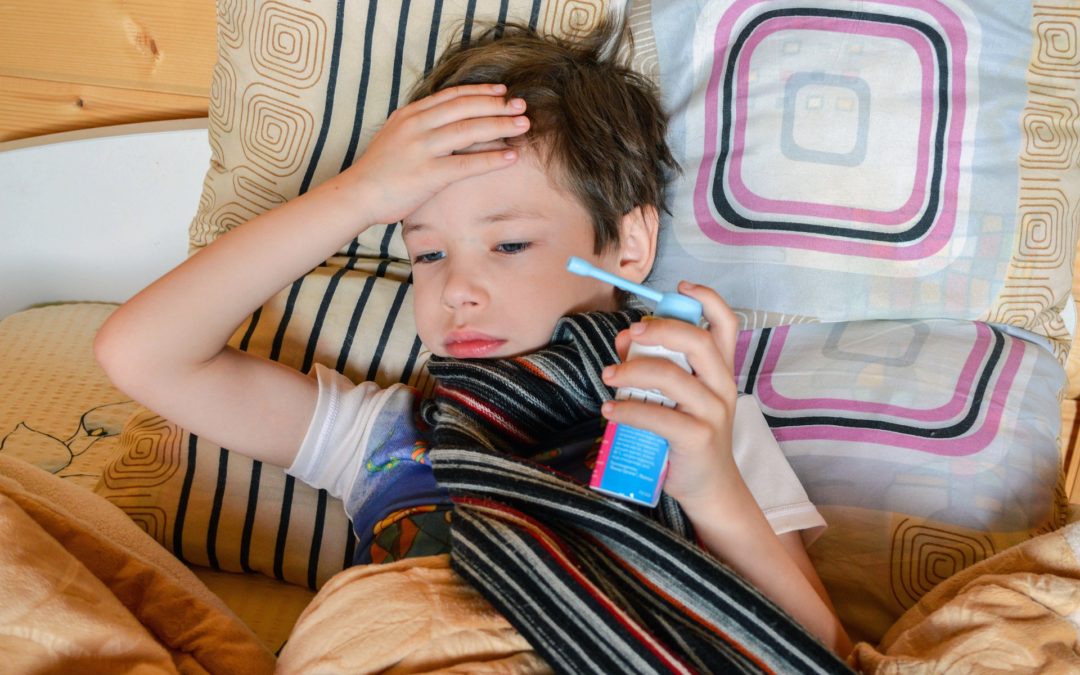
From the moment they’re born, children are like sponges, soaking up knowledge in every waking moment. As they grow up they continue to learn from friends and family, books, television and at school.
But their most important teachers are you and their mum. You are the most significant people in their life with the power to teach, encourage and support them right from the start.
To help you make the most of this privileged position, here are five skills you can teach your son or daughter, each of which will make a fundamental difference to their life.
HANDLING EMOTION
Powerful emotions like anger, jealousy or fear can feel out of control and overwhelming for young children. Try not to tell your children they’re naughty or bad for feeling angry or jealous – for instance of their sister’s new toy, instead let them know it is normal to have these kinds of feelings and help them to learn how to manage them.
Let them know it’s fine to be scared of some things – “If they are really scared of something, it’s important for you to say: ‘I can see you’re scared, but I’ll show you there’s nothing to be frightened of'” says Suzie Hayman from Parentline Plus. “If your toddler is terrified of dogs, don’t whisk them away – that confirms they should be scared. Instead, find a friendly dog and gently introduce them to it.”
Also be careful about gender stereotyping – it is ok for boys to feel and show emotions, so avoid saying anything which might indicate that it isn’t, or that suggests that doing so makes them ‘inferior’. So avoid phrases like ‘stop crying like a girl’ and so on – as these are not just unhelpful, but also derogatory towards females.
ROAD SAFETY
One child is hurt on UK roads every 16 minutes. To make sure your son or daughter isn’t one of them, start teaching them the road safety basics while they are a toddler.
- Always cross the road at the safest place – like a subway, footbridge or zebra crossing – and explain why you are crossing there.
- Teach your child the Green Cross Code – Stop, look and listen!
- Practice on quiet roads near your home, first crossing together, then letting your child say when is safe to cross. Then finally letting them cross while you wait behind, watching carefully.
- Teach older kids too. Children aged 12 to 16 are most at risk of being killed or seriously injured by traffic accidents – make sure they take road safety seriously and keep talking to them about the dangers.
Ensure that whenever your child is out on the road they’re constantly aware of what is happening around them and aren’t distracted by iPods, mobile phones or friends.
MAKING GOOD FRIENDS
Friendships are a great source of strength for children and help them develop the social skills and self-confidence they’ll need for later life. Some children find making friends easier than others, but if your son or daughter needs a little encouragement, there’s plenty you can do to help.
- Give your child opportunities to be around other children, where they will naturally play and learn to socialise. Whether it be at the park, a play group, or at your friend’s house who also has children.
- Once they make friendships, support them to build on them. Arrange play dates, coming round for tea, or sleep overs – depending on what you are comfortable with.
- At school, be prepared for friendships to start and falter – it is a natural part of childhood. Allow your child some space and independence to work through these relationships…
…but be there to talk to them about their friendships. Ask them what they did at playtime. Who they sat with at lunch. Be interested and let them know that they can talk to you. This way, if your child starts to struggle, or does get bullied, they are more likely to be able to talk to you about it.
Household chores
Getting your children involved in the daily chores not only starts equipping them with essential skills for later in life, but also starts to instil values of responsibility and teamwork.
You may wish to have a daily chore which everyone is responsible for, or to alternate who does what. Children of nearly any age can help with chores, and even the youngest will delight in helping sweep the floor or set the table!
Whether you offset rewards against satisfactory completion of chores (such as pocket money) is up to you.
Ideas of chores which you can get your children to easily get involved with include:
- Setting/clearing the table
- Hoovering
- Doing the washing up/stacking the dishwasher
- Drying up/emptying the dishwasher
- Sweeping/mopping the floor
- Tidying up
- Washing the car
- Emptying bins
HYGIENE
This may seem trivial, but teaching kids to stay clean and smell good will have a huge impact on their friendships, education, career and romantic prospects in later life – as well as avoiding infection when they’re young.
A good place to start is making bath time a fun, integral part of family life, by singing songs and playing with bath toys.
- Allow your kids to play outside, but explain why you need to clean soiled bodies and clothes afterwards.
- Encourage them to maintain their own hygiene and let them help with the laundry and housework.
- When they’re older, let them choose their own deodorants, shampoo and shower gel – this will encourage regular bathing.








